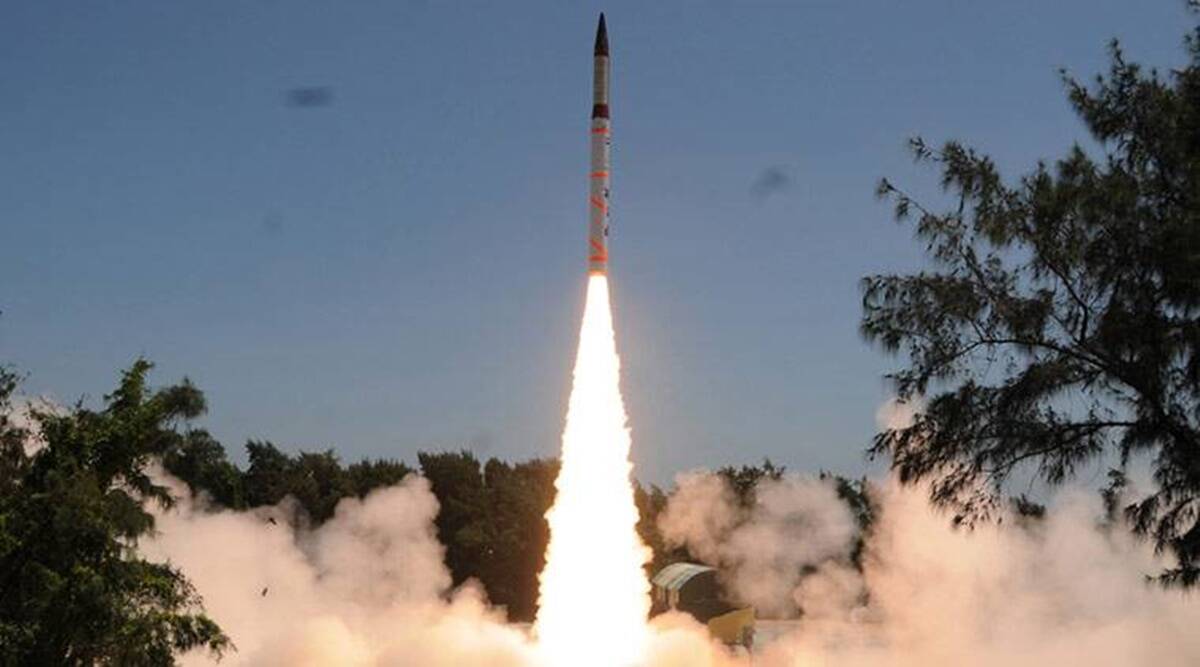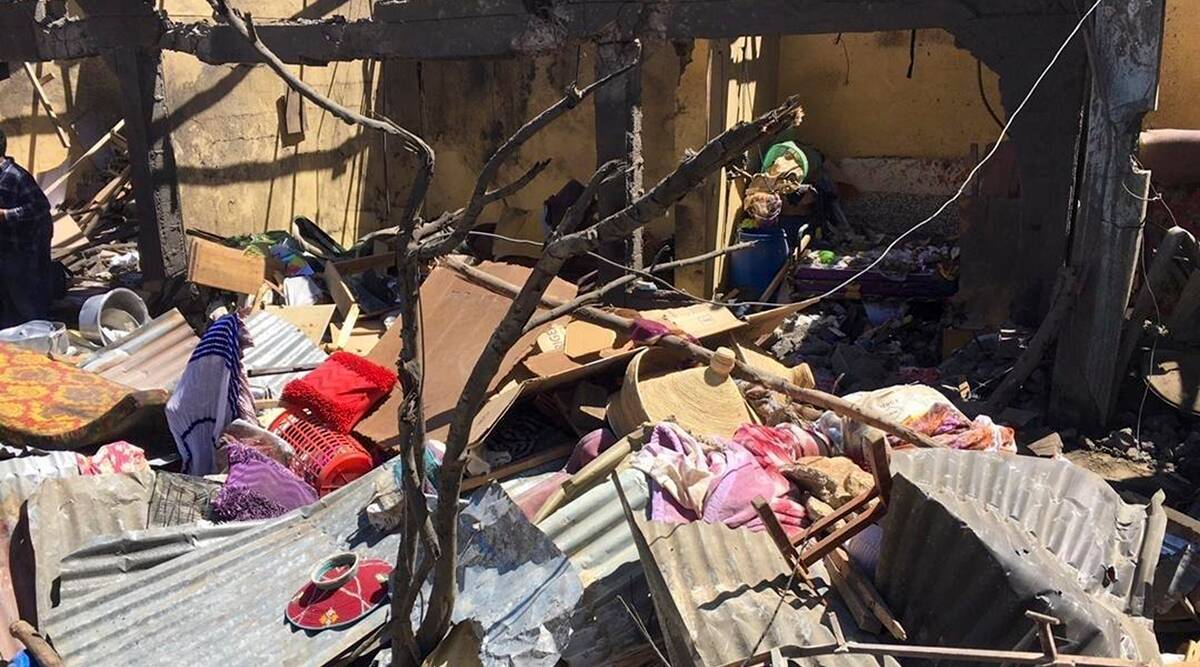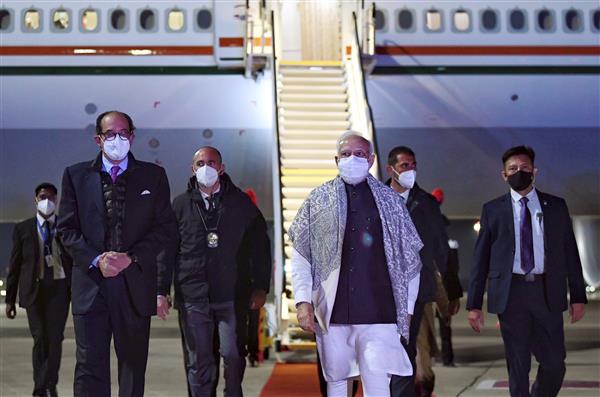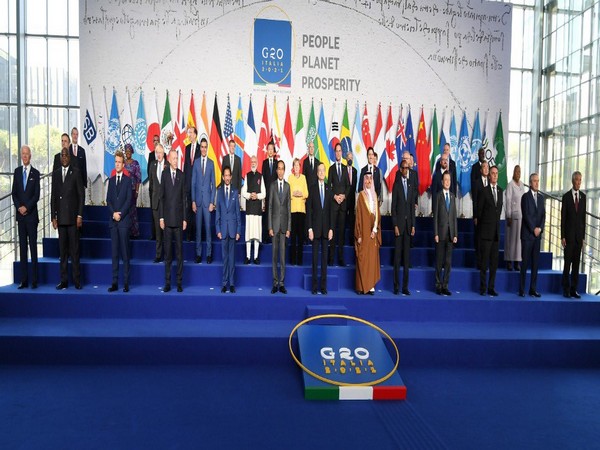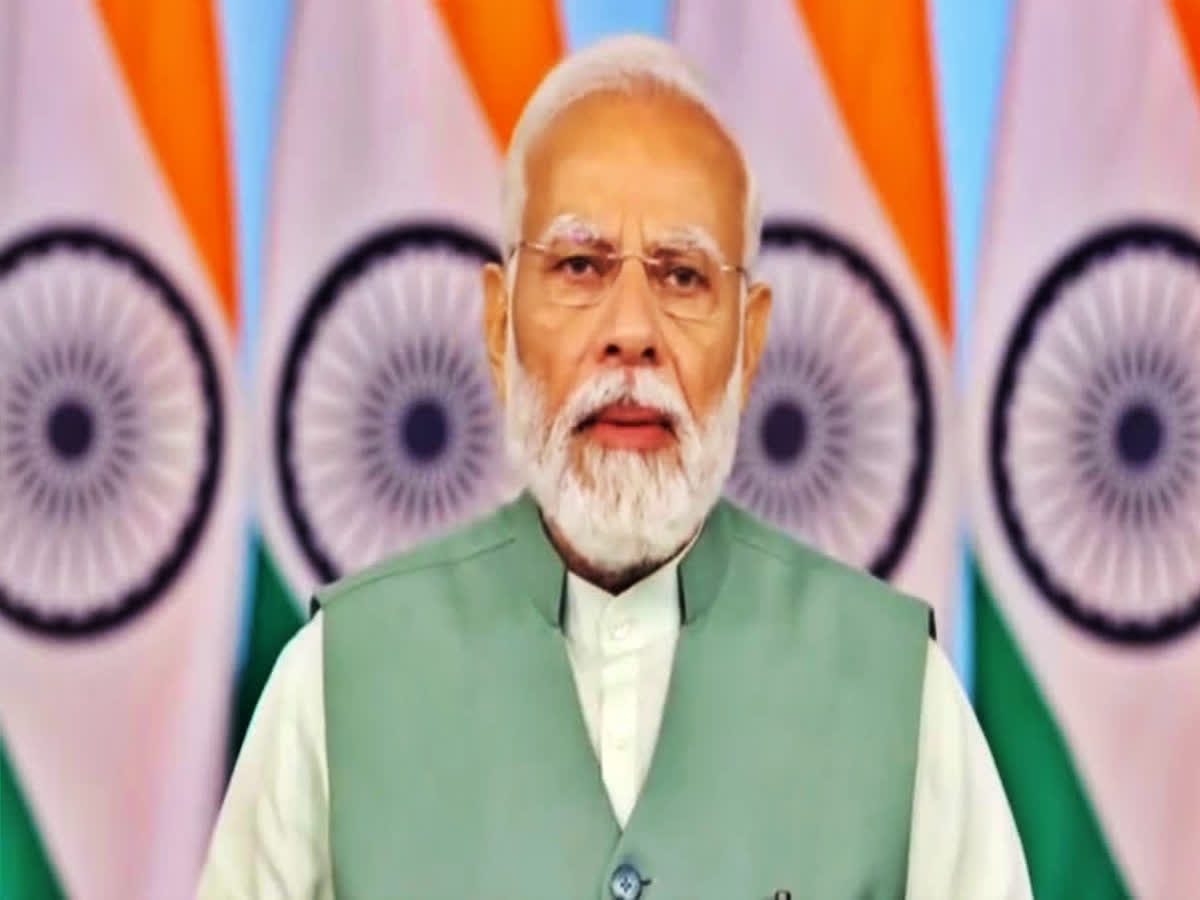
02/03/2024
New Delhi, Feb. 3: Justice is at the root of independent self-governance and the existence of a nation is not possible without it, Indian Prime Minister Narendra Modi said on Saturday. Inaugurating the Commonwealth Legal Education Association (CLEA) – Commonwealth Attorneys and Solicitors General Conference (CASGC) 2024 at Vigyan Bhawan in Delhi, he underscored the relevance of addressing cross-border challenges in justice delivery and pointed to the need for multiple nations to come together to ensure justice delivery.
“When we collaborate, we can understand each other’s system better”, he said, adding, “greater understanding brings greater synergy, synergy boosts better and faster justice delivery,” PM Modi said.
Emphasising the importance of justice in Indian thoughts, he mentioned an ancient Indian saying: ‘न्यायमूलंस्वराज्यंस्यात्’, meaning justice is at the root of independent self-governance, and without justice, even the existence of a nation is not possible.
Referring to the cooperation and interdependence of systems like that of air and maritime traffic control, PM Modi said it was necessary to expand cooperation for investigation and justice delivery. He underlined that cooperation can take place while respecting each other’s jurisdiction as when working together, jurisdiction becomes a tool to deliver justice without delaying it.
He also threw light on the radical changes in the nature and scope of crime in recent times and pointed to vast networks created by criminals across countries and their usage of the latest technology both in funding and operations.
The Prime Minister drew attention to the fact that economic crimes in one region are being used to fund activities in other regions, and the challenges arising from the rise of cryptocurrency and cyber threats. Stressing that the issues of the 21st century cannot be tackled with a 20th-century approach, he underscored the need to rethink, reimagine and reform, including modernising legal systems, so as to make the system more flexible and adaptable.
PM Modi highlighted that reform cannot take place without making the justice system more citizen-centric as ease of justice is the pillar of justice delivery. Noting that education introduces passion and professional competence into young minds, he said “legal education is a key instrument in boosting justice delivery”.
Speaking about realising the potential of women, PM Modi suggested making each domain inclusive at the educational level. He said that an increase in the number of women in law schools will boost their numbers in the legal profession and suggested exchanging ideas on how more women can be brought into legal education.
Highlighting the need to help young legal professionals with greater international exposure, PM Modi called upon law universities to strengthen exchange programmes between countries.
He said that India’s legal system was inherited from colonial times and highlighted the reforms by his government including deletion of obsolete laws and changes in the criminal statute.
“India is also modernizing laws to reflect the present realities…Earlier, the focus was on punishment and penal aspects. Now, the focus is on ensuring justice. Therefore, citizens have a sense of assurance rather than fear,” he remarked.
Underlining that technology can also have a positive impact on justice systems, the Prime Minister said that in the last few years, India has used drones to map places and provide clear property cards to rural people, reducing disputes, the possibility of litigation, and load on the justice system, making it more efficient. He said digitalisation has also helped many courts in the country, taking proceedings online, which has helped people access justice even from far-away locations.
PM Modi asserted that every challenge in justice delivery can be addressed if the value of passion for justice is shared among nations.-Agencies
